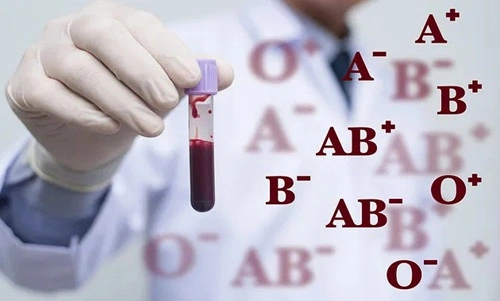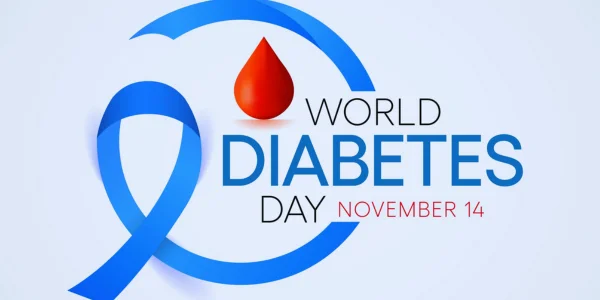Blood is essential for life, carrying oxygen and nutrients throughout our bodies. Blood groups are classifications based on the presence or absence of certain substances on red blood cells. In India, understanding blood groups is important for safe blood transfusions and medical treatments. This article will discuss the most common blood groups in India, their distribution, and their significance.

Quick Overview of Blood Groups in India
| Blood Group | Percentage of Indian Population |
|---|---|
| O+ | 37.12% |
| B+ | 32.26% |
| A+ | 21.80% |
| AB+ | 7.70% |
| O- | 1.35% |
| B- | 1.13% |
| A- | 0.97% |
| AB- | 0.39% |
Details About Blood Groups
1. O Positive (O+)
- Description: The most common blood group in India.
- Significance: Can donate to any positive blood group (A+, B+, AB+, O+).
- Receiving Compatibility: Can receive blood from O+ and O- donors.
2. B Positive (B+)
- Description: The second most common blood group.
- Significance: Can donate to B+ and AB+ recipients.
- Receiving Compatibility: Can receive blood from B+, B-, O+, and O- donors.
3. A Positive (A+)
- Description: The third most common blood group.
- Significance: Can donate to A+ and AB+ recipients.
- Receiving Compatibility: Can receive blood from A+, A-, O+, and O- donors.
4. AB Positive (AB+)
- Description: Known as the universal recipient for positive blood groups.
- Significance: Can receive blood from any positive blood group.
- Receiving Compatibility: Can receive from A+, B+, AB+, O+, and their negative counterparts.
5. O Negative (O-)
- Description: Known as the universal donor.
- Significance: Can donate blood to any blood group.
- Receiving Compatibility: Can receive only from O- donors.
6. B Negative (B-)
- Description: A rarer blood group.
- Significance: Can donate to B+, B-, AB+, and AB- recipients.
- Receiving Compatibility: Can receive blood from B- and O- donors.
7. A Negative (A-)
- Description: A less common blood group.
- Significance: Can donate to A+, A-, AB+, and AB- recipients.
- Receiving Compatibility: Can receive blood from A- and O- donors.
8. AB Negative (AB-)
- Description: The rarest blood group in India.
- Significance: Can receive blood from all negative blood groups.
- Receiving Compatibility: Can receive from A-, B-, AB-, and O- donors.
Importance of Knowing Blood Groups
- Blood Transfusions: Matching the correct blood group is crucial to prevent adverse reactions during transfusions.
- Pregnancy: Knowing the mother’s and father’s blood groups can help manage and prevent Rh incompatibility issues.
- Medical Emergencies: In emergencies, quick access to a person’s blood group can save time and lives.
How to Determine Your Blood Group
- Blood Test: Visit a healthcare facility where a simple blood test can determine your blood group.
- Blood Donation Camps: Donating blood often includes determining your blood group, and you’ll be informed afterward.
Encouraging Blood Donation
- Regular Donations: Healthy individuals are encouraged to donate blood regularly to maintain an adequate blood supply.
- Awareness Campaigns: Participate in and support campaigns that educate about the importance of blood donation.
Conclusion
Understanding blood groups is vital for effective medical care in India. The distribution of blood groups varies, with O+ being the most common and AB- the rarest. Knowing your blood group and participating in blood donation can contribute significantly to the healthcare system. Stay informed and consider donating blood to help those in need.

